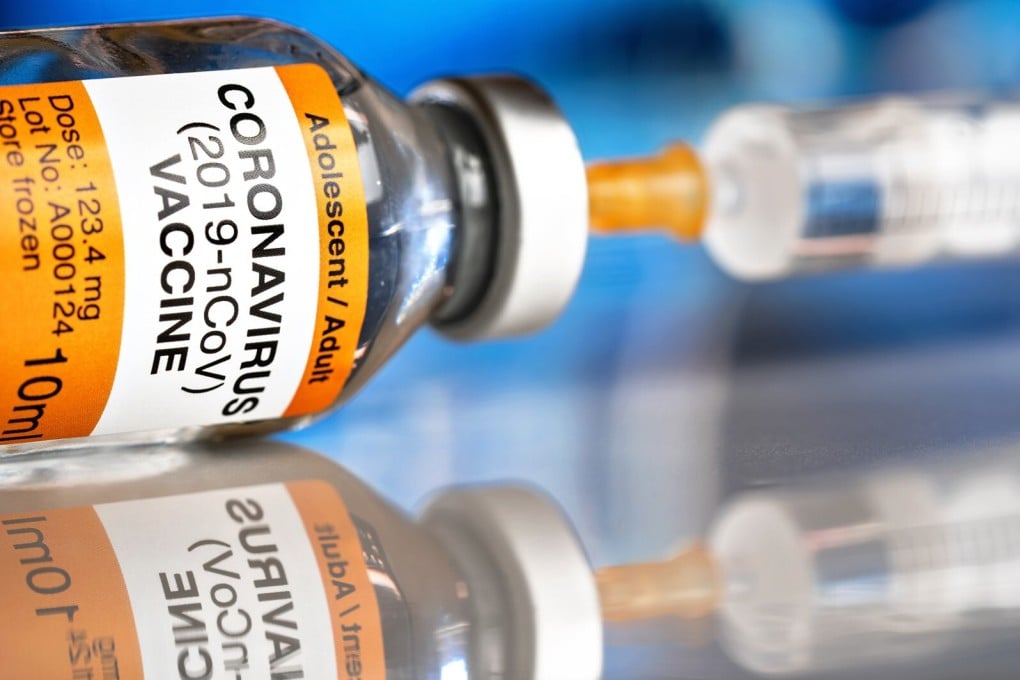Advertisement
Mikta who? Covid-19 injects five ‘middle power’ countries with new sense of purpose
- A group representing Mexico, Indonesia, South Korea, Turkey and Australia may have finally found its true purpose: leading the global coronavirus battle
- With countries like the US, China and Russia not signing the WHO initiative to provide equitable access to vaccines, Mikta is expected to fill the breach
Reading Time:4 minutes
Why you can trust SCMP

In an alphabet soup of informal multilateral groupings that have sprung up since the Soviet Union and the US ended their Cold War, Mikta hardly rings a bell for most people.
It represents five “middle power” countries – Mexico, Indonesia, South Korea, Turkey and Australia. Their foreign ministers meet three times a year to discuss specific topics important to their economies, such as trade, health care, gender equality and sustainable development but Mikta’s impact on global issues since its formation seven years ago has been minimal.
Jeffrey Robertson, an associate professor of diplomacy at Yonsei University in South Korea, said there was a degree of confusion about what Mikta actually achieves, owing to its lack of subject specificity and how the organisation attempts to cover a wide array of topics. These range from terrorism and North Korea, to civil emergencies, migration and the creative economy, Robertson noted, adding that “Mikta has achieved less than optimists envisioned, but lasted longer than pessimists imagined”.
Agreeing that Mikta has fallen short on fulfilling its vision partly due to a lack of strategic intent, Caitlin Byrne, the director of the Griffith Asia Institute, said the group’s global impact is “just not clear”, given the questions surrounding what its very different member nations have in common.
Advertisement
Evi Fitriani, an associate professor of international relations at the University of Indonesia, said that competing regional groupings such as Asean also pose a challenge to the continued relevance of Mikta.
“For Indonesia, Mikta is not the first priority, rather it is Asean and Asean+3,” Fitriani said, referring to the Association of Southeast Asian Nations and its three cooperative partners – China, Japan and South Korea.
Advertisement
But in recent months, with the Covid-19 pandemic sweeping through the world and battering economies in its wake, Mikta seems to have a new-found purpose.
Advertisement
Select Voice
Choose your listening speed
Get through articles 2x faster
1.25x
250 WPM
Slow
Average
Fast
1.25x